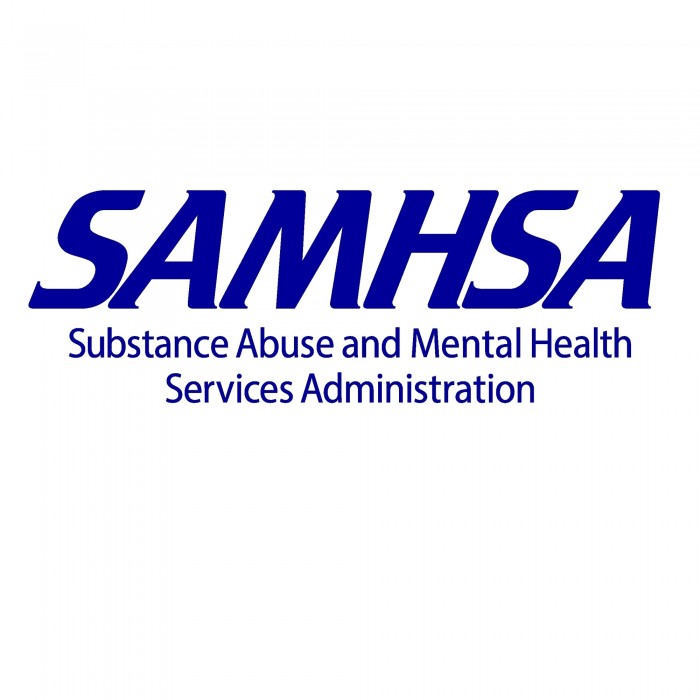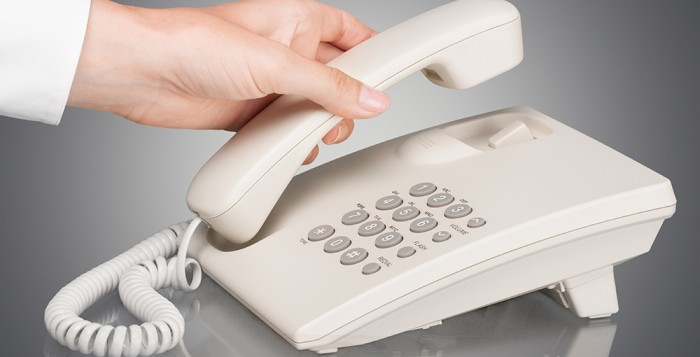June 2020 MAAC Webinar Audience Questions
SAMHSA Training and Technical Assistance Related to COVID-19
SAMHSA is committed to providing regular training and technical assistance (TTA) on matters related to the mental and substance use disorder fields as they deal with COVID-19. Their TTA programs are delivering great resources during this time. View the updated available TTA resources to assist with the current situation.
Provider Relief Fund: Medicaid and CHIP Provider Distribution Fact Sheet
On June 9, 2020, the US Department of Health and Human Services (HHS) announced the distribution of approximately $15 billion from the Provider Relief Fund to eligible providers that participate in state Medicaid and Children’s Health Insurance Program (CHIP) and have not received a payment from the Provider Relief Fund General Distribution. The payment to each provider will be approximately 2 percent of reported gross revenue from patient care; the final amount each provider receives will be determined after the data is submitted. HHS has developed the Provider Relief Fund: Medicaid and CHIP Provider Distribution Fact Sheet to assist providers with application for the funds.
Download the Medicaid Provider Distribution Instructions and Medicaid Provider Distribution Application Form from this web page. Applications must be submitted by August 3, 2020.
Please visit this website for eligibility requirements, Terms and Conditions, Frequently Asked Questions (FAQs), and a recording of past webinars on the application process. For additional information, please call the provider support line at 866-569-3522; for TTY dial 711. Hours of operation are 7 am to 10 pm Central Time, Monday through Friday. Service staff members are available to provide real-time technical assistance, as well as service and payment support.
Best Practices in Navigating HIPAA and 42 CFR Part 2: A Client, Family and Organizational Perspective
On Thursday, July 30 at 2:00 pm (ET), SAMHSA will be hosting a webinar to assist providers with understanding HIPAA, the substance use disorder confidentiality regulations (42 CFR Part 2). As providers know, these regulations can be confusing for individuals and families who are new to mental health/substance use disorders (SUDs). Individuals and families have better success at recovery if their support systems can stay involved in ongoing care and engage in shared decision making as part of treatment for mental illnesses and substance use disorders (SUDs).
This webinar will explore what people need to know about HIPAA and 42 CFR Part 2 from a client, family, and organizational perspective. Our speaker will provide an easy to understand overview of the law. Learn practical tips to ensure that all parties who can and want to be involved in treatment are involved from the beginning. The webinar will finish with policy and practice guidelines for organizations and programs to successfully implement HIPAA and 42 CFR Part 2. Guidance will include protocol for data collection, data sharing strategies, and supporting clients and families.
Presenter:
- Gerald (Jud) E. DeLoss, JD – Chief Executive Officer/General Counsel, Illinois Association for Behavioral Health
Register Now
DDAP Announces ASAM Level 1 Outpatient Alignment Webinars
Between August 4 and August 6, DDAP will host four live web presentations regarding service descriptions and expectations for aligning the 1.0 Outpatient services. Below are two resources for each of these levels of care (LoC) that have been developed to assist with the next phase of service alignment, as well as an addendum document that details specific expectations for Pennsylvania providers not addressed in the other two documents:
- Level 1 Outpatient Services by Service Characteristics
- Level 1 Outpatient Services Self-Assessment Checklist
- Addendum: PA – Specific Expectations for Contractual Compliance with ASAM Alignment, Outpatient
These documents are also located on DDAP’s ASAM Transition page.
It is not necessary to register for the presentation, but you must use the Skype link or call-in details included on the included schedule specific to the particular date and time of the presentation you wish to join. Alignment to the ASAM Criteria, 2013 is required for all contracted providers; therefore, as a provider of outpatient services, it is strongly encouraged that you attend one of these presentations.
Paycheck Protection Program Webinar: Seeking Loan Forgiveness
The Nonprofit Quarterly is hosting a complimentary webinar for nonprofits that have received a Paycheck Protection Program Loan and want to prepare effectively to seek loan forgiveness. The one-hour webinar is scheduled Thursday, July 23, 2020 at 3:00 pm. The webinar will provide:
- A refresher on how organizations can and cannot spend PPP funds;
- Guidance on estimating “FTEs”;
- Ideas for navigating the forgiveness process and applications; and
- Guidance on other decisions related to PPP that organizations will need to make.
Governor Wolf’s Hazard Pay Program Requirements
According to the Hazard Pay Grant requirements, employers must pay the FICA and Medicare on those wages. It is a consideration for members, when applying for these funds.
HHS Extends Deadline for Provider Relief Fund
From ANCOR:
HHS will be extending the application deadline for federal Provider Relief Fund payments to Medicaid providers by two weeks, from this coming Monday, July 20, to August 3.
This extension is being made because only about 1% of Medicaid providers nationally have completed applications, only about 60,000 have initiated applications, and only about 6% have even visited the portal.
HHS has also signaled that there will be a “Phase 3” of distribution of CARES Act funds to help continue to distribute relief funds, and to pick up “Medicaid dependent” providers that were foreclosed from participating in the current portal opportunity because of having previously qualified for, but not having been cued to attest to, nominal amounts of Medicare relief.
I confirmed this extension announcement with NAMD & NASDDDS. HHS should be making an official announcement within the next couple of hours.
Background on the Provider Relief Fund:
The Provider Relief Fund (PRF), created under the federal CARES Act, is designed “to support the providers’ healthcare related expenses or lost revenue attributable to COVID-19, so long as the payment is used to prevent, prepare for, or respond to coronavirus and those expenses or lost revenue are not reimbursed from other sources or other sources were not obligated to reimburse them.” (See HHS Provider Relief Fund FAQ).
Key details on the Medicaid awards:
- Total Amount: $15 billion for Medicaid providers.
- Eligibility: Any provider that did NOT receive a funding award from the first $50 billion in awards made to providers with some level of Medicare utilization, and directly billed a state Medicaid program or Medicaid managed care plan between January 1, 2018 and May 31, 2020.
- Process: Providers submit annual patient revenue information and other required documentation to HHS’s provider relief fund portal.
- Award Amounts: Minimum of two percent of gross patient care revenues, with final amount determined by provider-submitted data including number of Medicaid patients served.
——————————
Shannon McCracken
Vice President of Government Relations
ANCOR
606.271.3555
——————————
FCC Designates ‘988’ As 3-Digit Number For National Suicide Prevention Hotline
The Federal Communications Commission has just adopted rules to establish 988 as the new, nationwide, 3-digit phone number for Americans in crisis to connect with suicide prevention and mental health crisis counselors. The rules require all phone service providers to direct all 988 calls to the existing National Suicide Prevention Lifeline by July 16, 2022. During the transition to 988, Americans who need help should continue to contact the National Suicide Prevention Lifeline by calling 800-273-8255 (800-273-TALK) and through online chats. Veterans and Service members may reach the Veterans Crisis Line by pressing 1 after dialing, chatting online at www.veteranscrisisline.net, or texting 838255.















